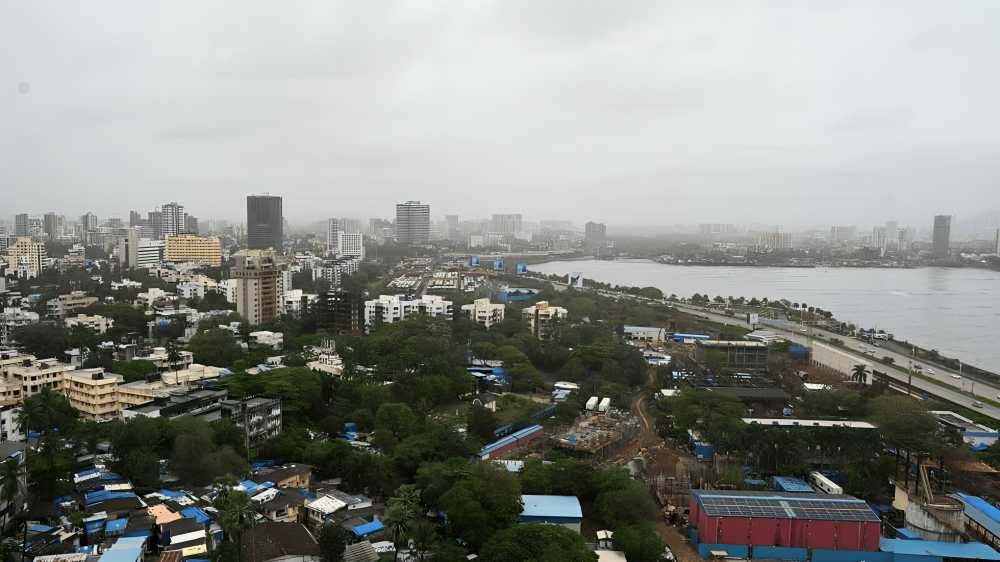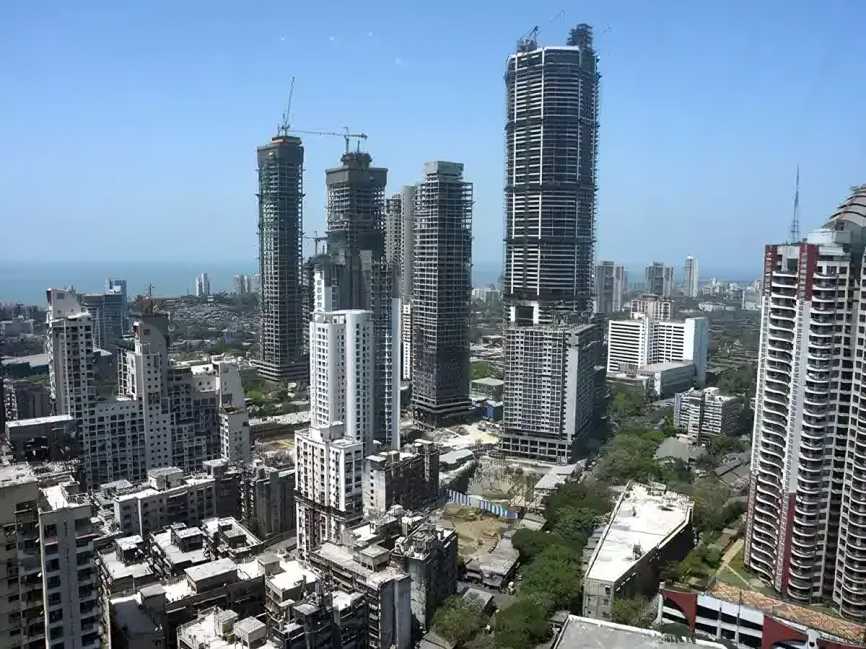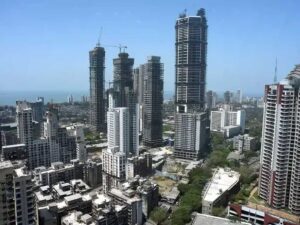October 30, 2025: Mumbai’s Bandra Reclamation is poised for a dramatic transformation into a high-end waterfront district, soon to be branded as ‘Bandra Bay’, reshaping the city’s western skyline. Once a government housing colony, the precinct is now the focus of a Rs 1 lakh crore cluster redevelopment plan that envisions luxury towers, a marina, and world-class amenities — though concerns about displacement and ecological impact remain.
Under the Maharashtra government’s plan, 52 ageing MHADA buildings — originally built for government employees — will be replaced by 8 million sq. ft. of premium real estate. The redevelopment allows a Floor Space Index (FSI) of 4, and reduces resident consent requirements to 51%, aimed at expediting approvals. Officials say this will create modern housing while unlocking major economic potential.
Critics, however, warn of over-densification, environmental risks, and marginalisation of current residents. The project — spanning from Nargis Dutt Nagar to Nityanand Nagar — will see participation from developers including Oberoi Realty, Godrej Properties, Adani Realty, L&T Realty, Hiranandani Communities, The Wadhwa Group, and Excel Group.
Urban planners have also raised concerns over the government’s decision to reclassify Mahim and Backbay as “bays” instead of “seafronts,” which reduces the no-development zone from 500 metres to 50 metres, paving the way for construction closer to the shoreline.
The project, implemented under a Build-Finance-Operate-Transfer (BFOT) model, promises upgraded apartments of 829–1,615 sq. ft. for MHADA residents. However, several residents claim they were not consulted and fear displacement during redevelopment.
Developers have already begun acquiring key plots — Adani Realty’s 24-acre purchase from MSRDC alone is valued at Rs 30,000 crore. Whether Bandra Bay becomes a symbol of sustainable coastal urbanism or yet another enclave of exclusivity will depend on how sensitively authorities balance growth, ecology, and equity.
Source: Urban Acres
















